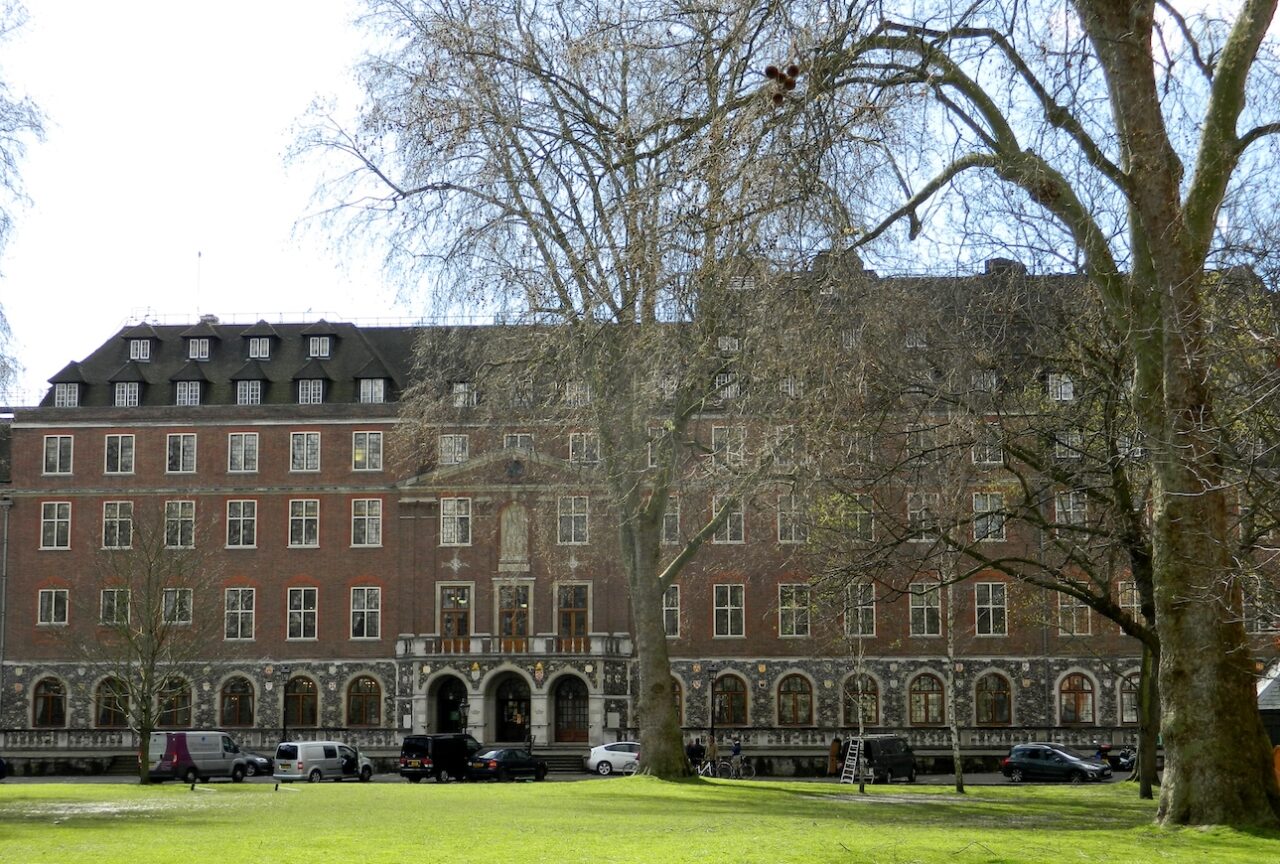The four investments to date have been made in funds and intermediaries targeting housing need and loans to charities and vulnerable people.

A social investment programme established by the Church of England in 2020 has so far made four investments totalling £5.7m, in its first two years, according the Church’s latest Impact Report.
The Archbishop’s Council Social Impact Investment Programme (SIIP) was established in 2020 to support vulnerable people and communities in the UK, while also making sustainable returns to provide capital for future impact.
The programme’s first investment was a £1.6m commitment to the Women in Safe Homes fund, a UK-based joint venture between social impact property fund manager Resonance and Patron Capital, which buys houses and leases them to organisations providing shelter for vulnerable women and their children. Another investment targeting housing need is a £2m commitment to the Social & Sustainable Housing II fund, run by Social and Sustainable Capital (SASC), which makes loans to charitable organisations that provide housing and support to vulnerable people.
The SIIP has also made a £1m 10-year senior loan to the Recovery Loan Fund (RLF), run by Social Investment Business, which provides unsecured loans of £150,000-£1.5m at affordable interest rates to charities and social enterprises to support post-pandemic recovery. The most recent commitment was a £1.1m investment in return for a 3.6% stake in Charity Bank, which uses savers’ funds to lend to charities, social enterprises, and faith-based organisations.
“We work with excellent investment managers who have deep knowledge of the UK charity and social enterprise sector, and we’re confident our capital will have a real, lasting impact where it counts most,” Vanessa Morphet, head of social impact investment at the Archbishops’ Council, said on launching the report.
Morphet told Impact Investor in 2021 that the SIIP was part of a wider strategy by the Archbishop of Canterbury Justin Welby – the most senior cleric in the Church of England – to focus on ethical investing and that an institution with the standing of the Church was ideally placed to have a “catalytic capital” effect.
Difficult investment environment
In the report, the Archbishops’ Council said the SIIP had been able to play an important catalytic role with its early investments but that the environment for raising capital was very challenging for fund managers.
“We continue to think that fund and intermediated structures have the greatest potential to build the scale of capital required to address entrenched social challenges, but they can bring with them a degree of complexity, deployment challenges and extended timescales while raising additional capital,” the Council said.
It also said higher interest rates and inflation in the short to medium- term presented challenges to achieving both the impact and financial goals of the SIIP. The target rate of return is the UK consumer prices index inflation rate plus 4%.
The Church Commissioners for England, which manage a £10bn endowment fund for the Church of England, have so far allocated a total of £25m in grants to establish the SIIP, though less than a quarter of that has been invested so far.
The report said the Church would continue to look for investment opportunities particularly in housing and the transition to “net zero”. Beyond the SIIP’s initial focus on funding charities and social enterprises, it said there was an opportunity to explore profit-with-purpose business models targeting the programme’s outcomes.
The Archbishop’s Council also said in the report that time would be dedicated to identifying “a set of consistent metrics to measure impact at overall programme level” and to more clearly articulate how its capital contributed to the Church’s mission.
Earlier this year, in a separate development, the Church Commissioners said they would establish another impact fund as part of a new £100m funding commitment to support communities affected by slavery in the past. The move came after the publication of a report linking the Church’s endowment to transatlantic slavery.






